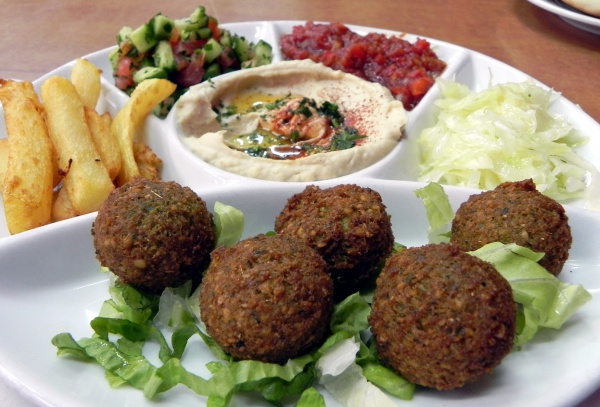Facts About Israeli cuisine
Israeli cuisine is a vibrant and diverse culinary tradition that has evolved over millennia, drawing influences from a myriad of cultures and historical events. Situated at the crossroads of the Middle East, Mediterranean, Europe, and North Africa, Israel’s food scene is a delightful fusion of traditional Jewish dishes and flavors introduced by immigrants from around the world.
At the heart of Israeli cuisine are an eclectic array of dishes and ingredients, featuring spices like za'atar and staples such as falafel, hummus, shakshouka, and couscous. Fresh fruits, vegetables, dairy products, and fish play significant roles in everyday cooking, reflecting the country's abundant agricultural landscape. The dietary laws of keeping kosher profoundly shape the cuisine, with special food customs observed during Shabbat and Jewish holidays.
The roots of Israeli cuisine extend back to antiquity, with substantial influences from Hellenistic, Roman, and Ottoman cultures. The influx of Jewish immigrants from various countries further enriched the culinary landscape, each group contributing its unique traditions. Today, modern Israeli cuisine continues to evolve, embracing global trends, innovative cooking techniques, and a commitment to fresh, locally sourced ingredients.
Noteworthy dishes in Israeli cuisine include falafel, shawarma, shakshouka, hummus, challah, and gefilte fish. The cuisine also boasts a wide range of salads, soups, grains, fish, poultry, meat, dairy products, egg dishes, fruits, baked goods, and beverages. Street foods like falafel, shawarma, and sabich are particularly popular, reflecting the fast-paced lifestyle of urban centers.
Israeli holiday cuisine is a vibrant and festive affair, with each holiday featuring its traditional foods and customs. From the sweet dishes of Rosh Hashanah to the fried treats of Hanukkah and the dairy delights of Shavuot, holiday meals are a reflection of the cultural and religious significance of each celebration.

 Egypt
Egypt